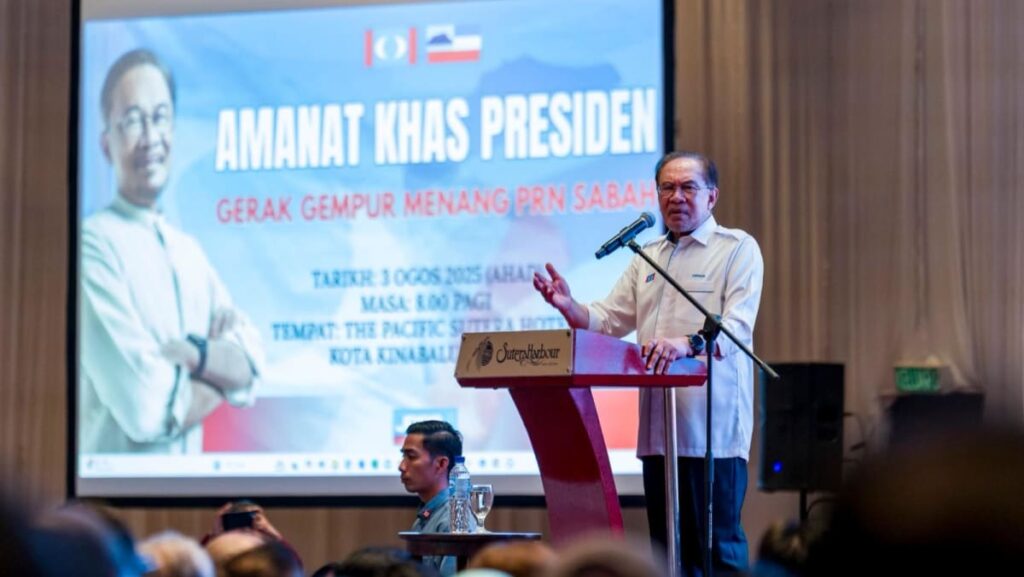Geostrategist Azmi Hassan from the Nusantara Academy for Strategic Research told CNA the countries are maintaining “status quo” on Ambalat as they thrash out a deal.
“Similar to the South China Sea (maritime dispute between Malaysia and China), status quo is the key word here. And during the status quo, technical negotiations can continue,” he said.
“If it cannot be resolved in terms of boundary delineation, then at least, I think a joint venture will be accorded between Petronas and Pertamina in this case,” Azmi added, referring to the national oil companies of Malaysia and Indonesia.
“Because we know there is a huge abundance of oil reserves there, and not doing anything there will be a negative economic impact for Malaysia and Indonesia.”
The Sulawesi Sea dispute has been difficult to resolve as it involves overlapping claims of both maritime boundaries and the sovereignty of two island features, Pulau Sipadan and Pulau Ligitan.
In 2002, the International Court of Justice awarded the two islands to Malaysia, but did not settle the overlapping maritime boundaries. The area has experienced periodic flashpoints over the years as the two countries have attempted to resolve the dispute.
In 2004, Petronas awarded a concession to Shell to explore the area, sparking protests from Indonesia, which had granted similar rights to Italian energy company Eni, according to Malaysian news outlet The Star.
In 2009, Indonesia protested Malaysia’s military presence in the area, and the following year, Indonesian navy vessels purportedly came close to opening fire on a Malaysian navy patrol ship for ignoring orders to leave.
While Azmi noted that the dispute has been “dragging” on for a long time with past leaders unable to resolve it, he believes Anwar’s “very close relationship” with Prabowo will “make things easier”.
“When Anwar mentioned that there will be a joint development (of Ambalat) with Indonesia, I think it was not finalised. I think on the part of Malaysia, maybe it was premature or just to test the scenario first,” he said.
Adib from Viewfinder Global Affairs acknowledged that when top leaders meet, the general expectation is that major issues have been resolved or their countries have reached a concrete agreement on such issues.
“However, it is not uncommon for such meetings to take place even with unresolved matters still in the background. If this was the case, then the recent meeting should help in getting Indonesia and Malaysia to the finishing line,” he added.
“When the financial gains for both countries are clear, negotiations are likely to conclude quickly.”
https://www.channelnewsasia.com/asia/malaysia-indonesia-ambalat-maritime-dispute-sabah-5275771


